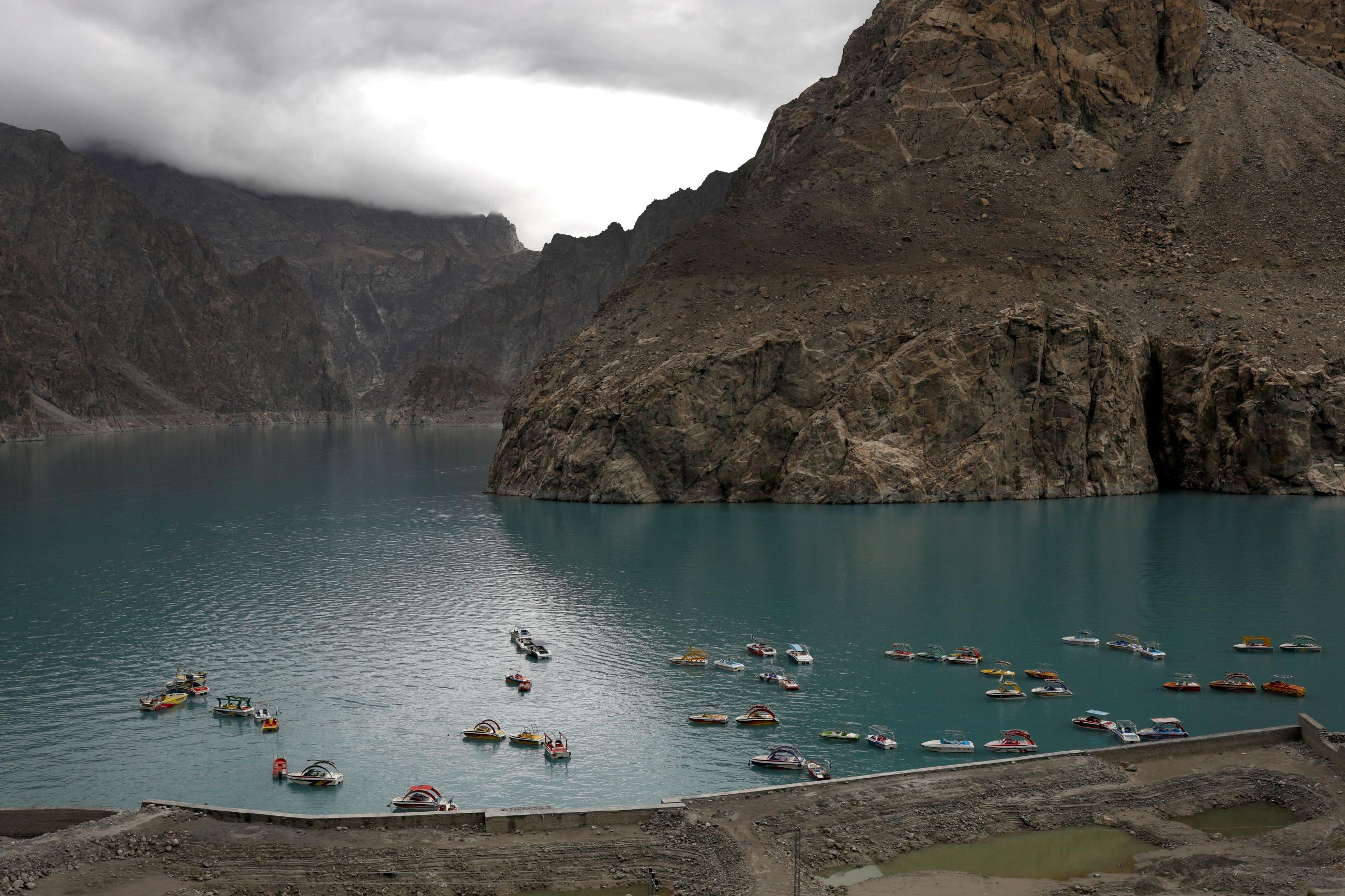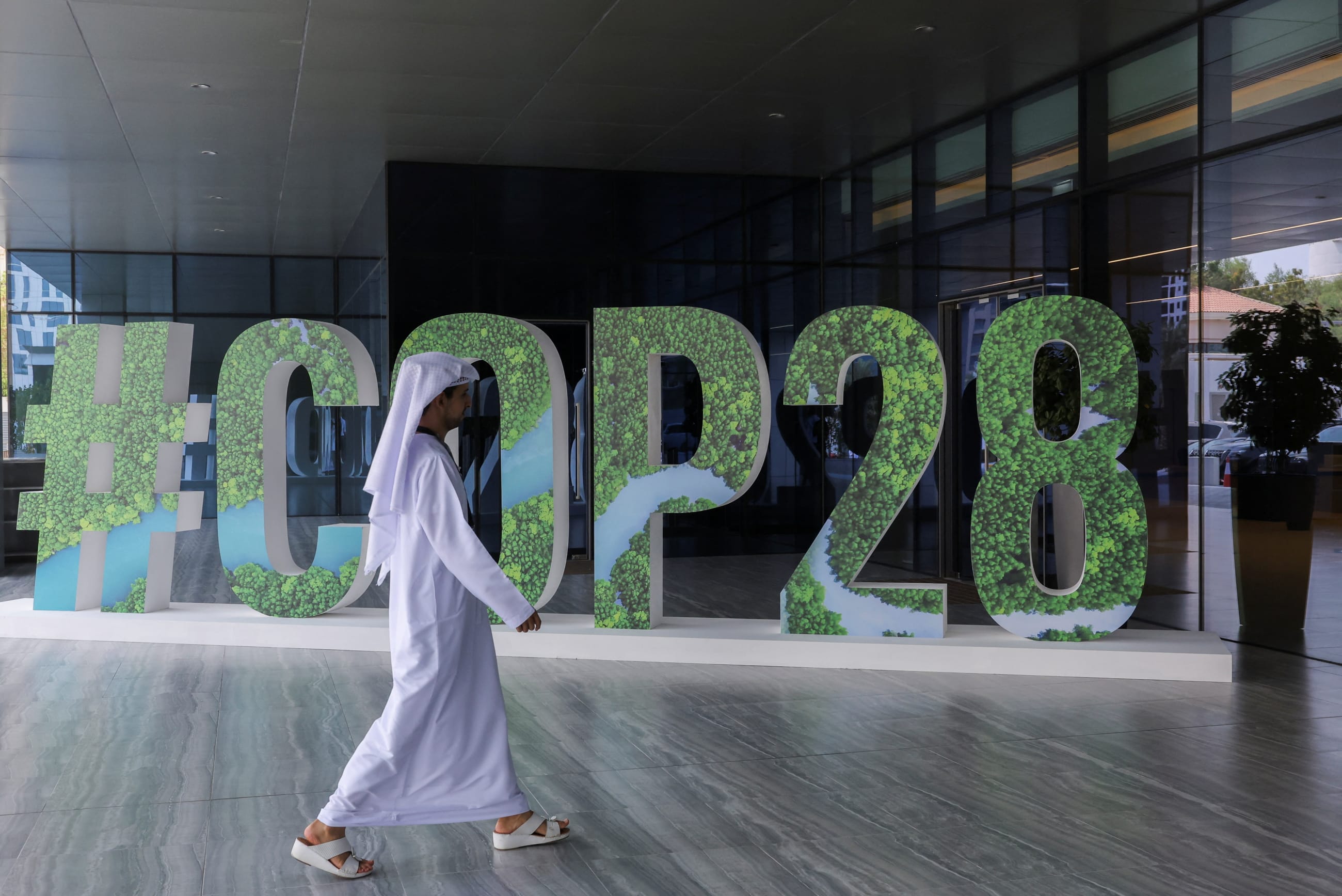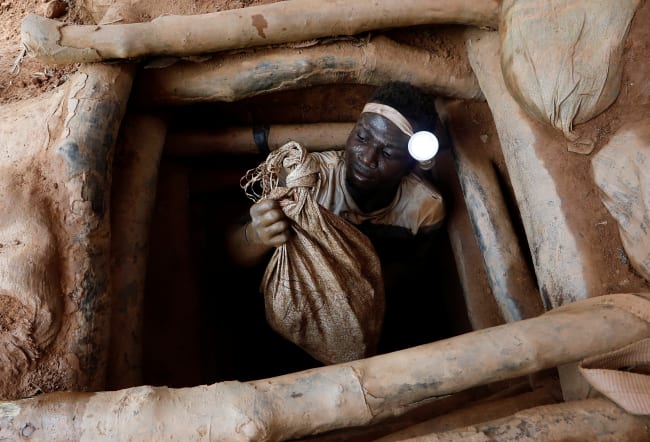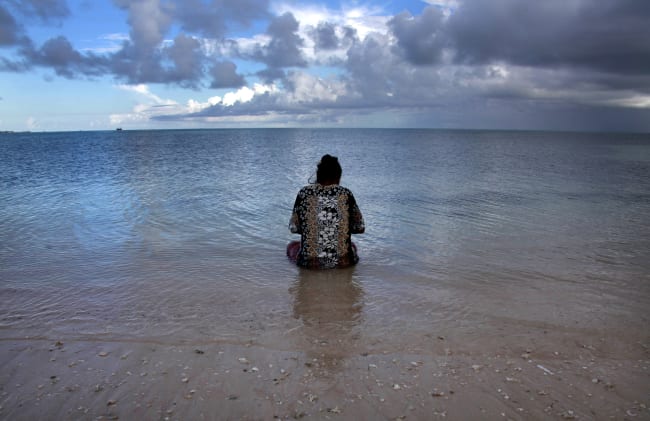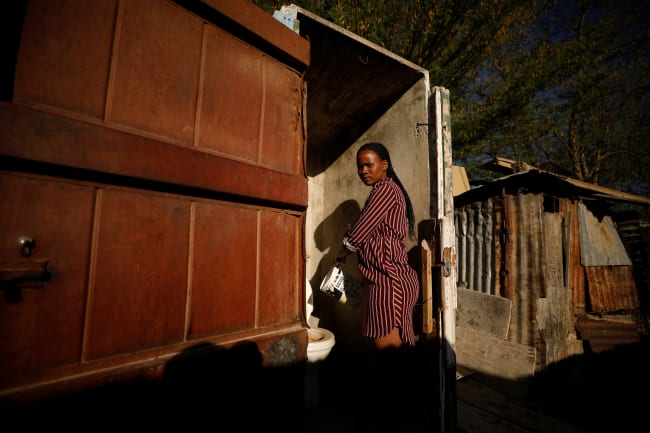The twenty-eighth conference of the parties (COP28) of the UN Framework Convention on Climate Change (UNFCCC) convenes this week in Dubai, United Arab Emirates. COP28 involves an effort to elevate the visibility of health in climate change policies. It will be the first COP to hold a health day, host a health ministerial meeting, and feature a declaration on climate and health. Those planned diplomatic firsts have stimulated interest in COP28 from local, national, and global health communities—as evidenced, for example, by events during the conference at the COP28 Health Pavilion.
The perceived need to make health more prominent emerges from the failures of prior COPs on mitigation of greenhouse gas emissions and adaptation to climate change that have opened a Pandora's box of health dangers. On many issues, COPs are littered with topic days, ministerial meetings, funding pledges, national commitments, and aspirational declarations that did not generate sufficient progress on mitigation or adaptation. That history demonstrates that heightened visibility at a COP is not the same thing as influence in climate politics. At COP28, as in other contexts in peace and war, the health sector again finds itself forced to respond to threats the political causes of which are beyond its control.
Mitigation of greenhouse gas emissions remained inadequate and climate change's direct and indirect threats to health increased
Health and Climate Before COP28
COPs—and climate policymaking more generally—are no strangers to health concerns and warnings about the death, illness, and suffering that global warming could inflict around the world. For example, the World Health Organization (WHO) has made the health case for mitigation and adaptation actions at COPs and other diplomatic forums since the 1990s.
That case strengthened as mitigation of greenhouse gas emissions remained inadequate and climate change's direct and indirect threats to health increased against a backdrop of unprepared health systems. For COP26 in 2021, the WHO produced a COP26 Special Report on Climate Change and Health and noted that COP26 marked the first time a COP promoted a health program. The WHO also created the Alliance for Transformative Action on Climate and Health to advance the "ambition set at COP26 to build climate resilient and sustainable health systems."
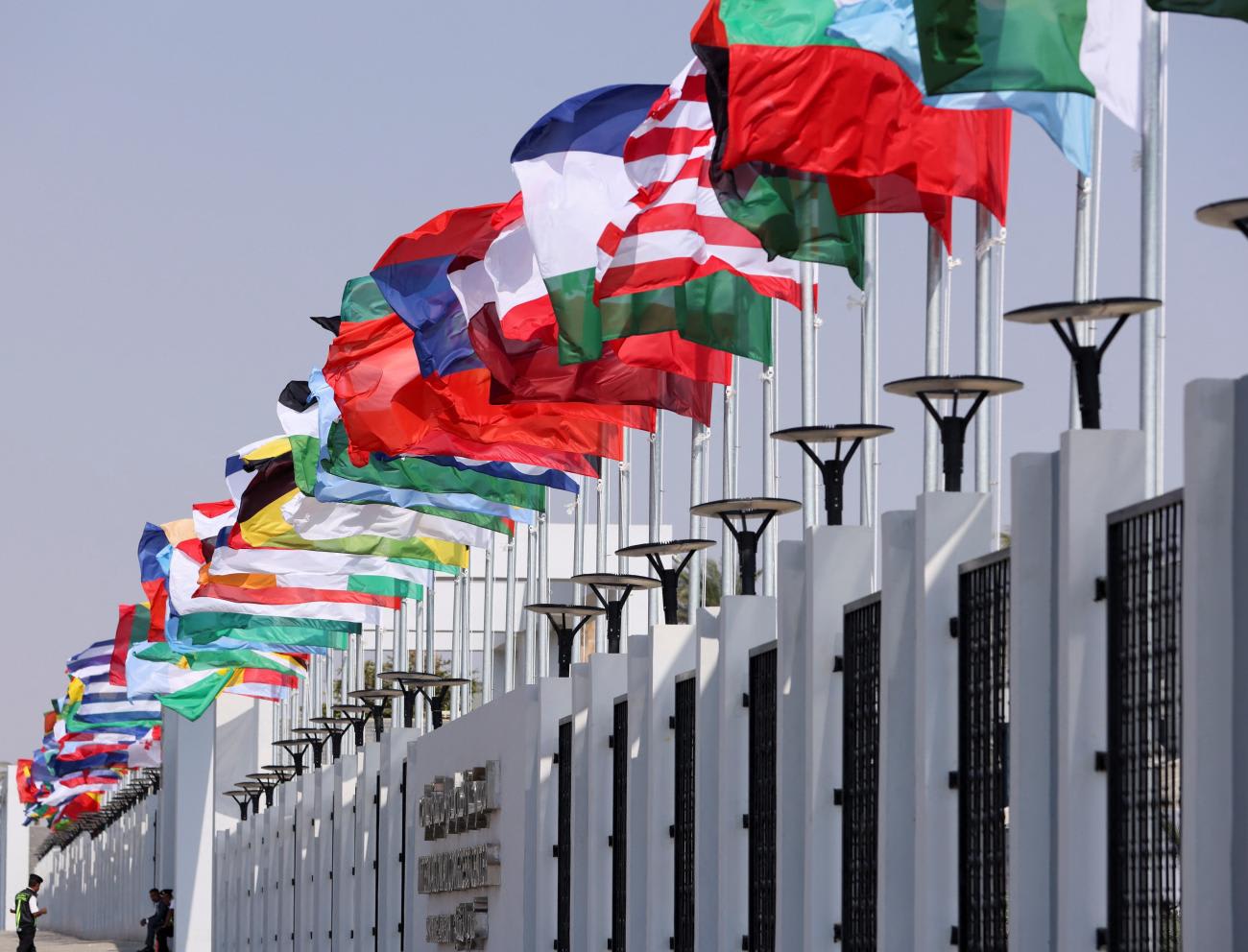
The climate-related events witnessed globally in 2023, including some of the hottest months and worst wildfires ever recorded, underscored how unresponsive national and international climate politics have been to decades of health advocacy for more rapid mitigation and robust adaptation actions. Health warnings about the consequences of insufficient reductions in fossil-fuel use have proved prescient, but that realization provides no comfort to health systems not ready to face what UN Secretary-General António Guterres called the "era of global boiling."
Read against that history, the climate-and-health firsts at COP28 look less like enlightened policy progress than urgent, back-against-the-wall reactions to nearly thirty years of marginalizing health in climate politics.
COP28's Health Day, Ministerial, and Declaration
December 3 is Health Day at COP28, with events addressing different facets of the relationship between climate and health. For example, the opening session will announce climate-health programs and financing; feature progress achieved by and new commitments from governmental, intergovernmental, and nongovernmental stakeholders; clarify what climate-health finance means; and address coordination of climate-health financing.
Health Day will end with the Climate-Health Ministerial at which "ministers of health, environment, finance and other related sectors" will develop a plan to address the "growing burden of climate change on healthcare systems" and to capture the "socio-economic benefits from better health and well-being" that climate actions can produce. The ministerial will launch the COP28 Declaration on Climate and Health that reflects "country priorities on climate change and health, and support the mainstreaming of health in the climate agenda."
The persistence and increasing divisiveness of the controversies have left health systems vulnerable
According to the COP28 presidency, the declaration marks the first time "a large group of countries" has called "for a health system response to climate change." It commits countries to more collaboration on climate-health issues and calls for increasing climate-health finance. Countries that endorse the declaration can submit an annex that contains their respective commitments on climate and health. Like similar declarations and commitments made at COPs, the declaration is a "voluntary, non-binding political declaration meant to galvanize support for action on climate change and health" and falls outside the UNFCCC and its negotiated documents.
More specifically, the COP28 Declaration on Climate and Health commits countries endorsing it to transform health systems to be "climate-resilient, low-carbon, sustainable, and equitable" through, among other objectives, improving the "ability of health systems to anticipate, and implement adaptation interventions against, climate-sensitive disease and health risks." Endorsing governments also commit to address challenges concerning finance for climate-health measures, such as encouraging increases in national, multilateral, philanthropic, and private-sector investments in climate-health activities. The declaration also asks endorsing countries to pursue integrating climate-health issues in policymaking by, for example, "mainstreaming climate considerations in global health work programs."
From Policy Taker to Policy Maker?
In the past, health advocacy for mitigation and adaptation actions did not move the climate policy needle because countries consistently failed to reduce fossil-fuel use enough to prevent health threats and to devote more attention and resources to preparing to manage those threats. For decades, climate politics during and between COPs have been mired in controversies about the scale, speed, and equity of emission reductions and the amount of promised and delivered funding for adaptation in low- and middle-income countries (LMICs). Those controversies took root before geopolitical competition returned to international relations and domestic politics on climate change in important countries became polarized. The persistence and increasing divisiveness of the controversies have left health systems vulnerable to whatever mitigation and adaptation policies COP negotiations can cobble together.
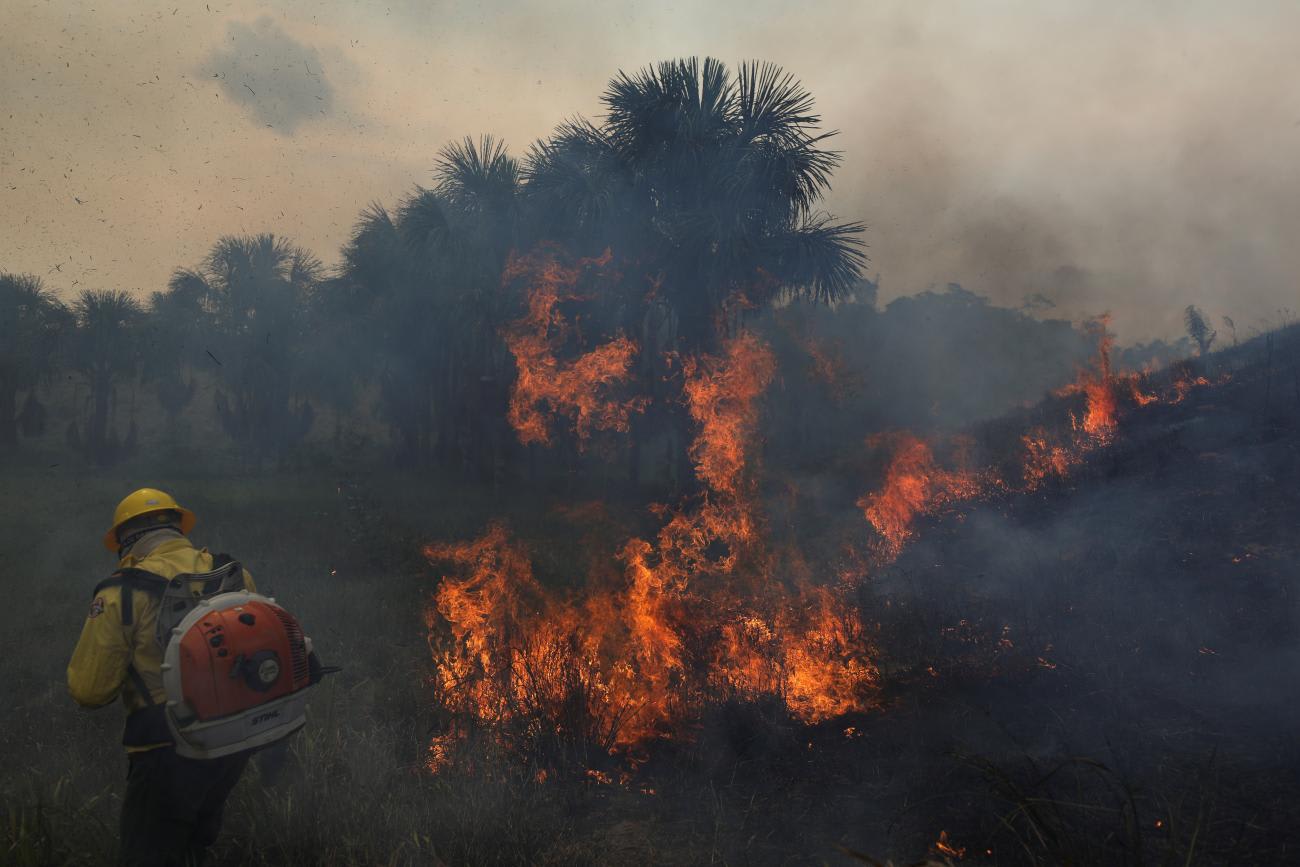
COP28 confronts the same controversies in full force. Emissions reductions achieved and promised to date are woefully inadequate to prevent global warming from triggering catastrophic climate change. That problem has increased interest in novel technologies, such as carbon capture and solar geoengineering, to buy more time to reduce emissions. Health advocates have criticized the COP28 Declaration on Climate and Health for not including a commitment to phase out fossil fuels—an issue that bedeviled prior COPs and will rear its head again in Dubai. Similarly, adaptation financing for health systems and other purposes (for example, loss-and-damage compensation) comes nowhere close to the projected trillions of dollars that LMICs need—a problem that could roil COP28 as it has previous COPs.
COP28's health day, ministerial meeting, and declaration will not break those mitigation and adaptation logjams and make the health sector a leading force in national and international climate politics. Those health-focused activities are nevertheless important. The metastasizing burdens that climate politics are creating require as much attention as can be mustered and sustained because health systems confront threats that will emerge and evolve over the rest of the century and, in all likelihood, beyond.
